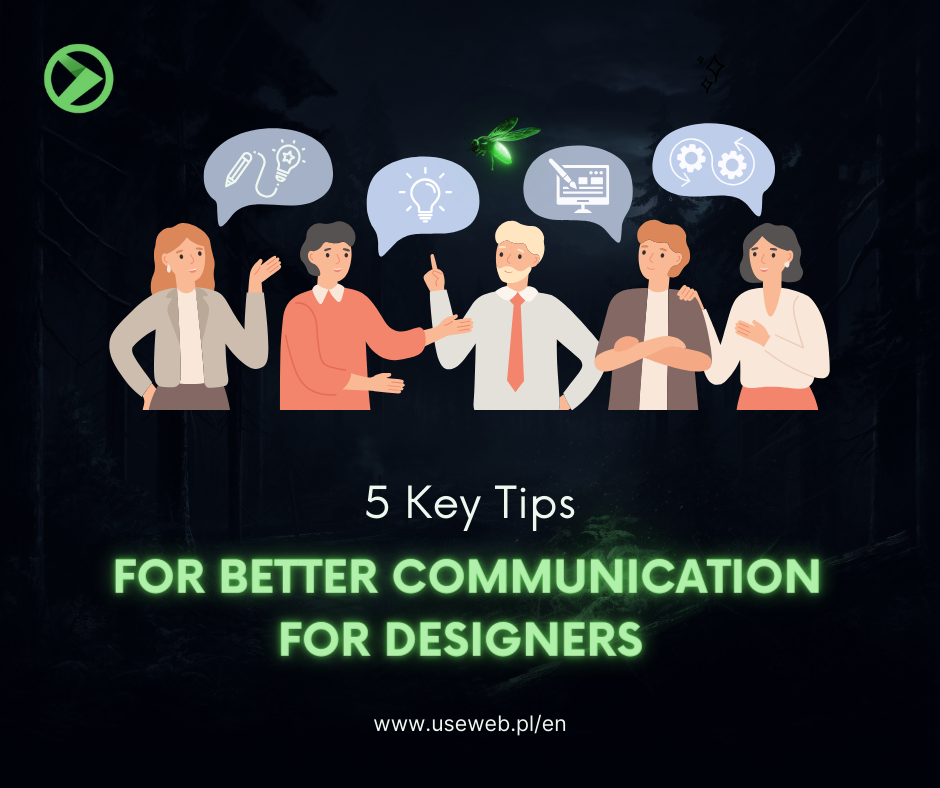Introduction to Website Accessibility
Website accessibility is an issue that is gaining in importance. It involves creating websites in such a way that they are accessible to all users, regardless of any disabilities they may have.
What is Website Accessibility?
Website accessibility covers many aspects. It’s not just about making the site visible, but also audible and understandable. Disability can take many forms, and some of them, such as visual or hearing impairment, can significantly affect the way a person uses the web. You can find more information on this topic on our website creation page.
Why is Accessibility Important?
Accessibility has a direct impact on the quality of UX (User Experience), which is crucial for the success of any website. Good UX means that users can easily find the information they are looking for, which translates into a higher level of engagement and better business results. Additionally, accessibility can impact SEO, which is crucial for the visibility of a website in search results. More information on the importance of UX can be found here.
What are the Accessibility Standards?
Accessibility standards, such as those outlined in the Web Content Accessibility Guidelines (WCAG), specify what steps need to be taken for a website to be accessible. They include a range of recommendations, such as ensuring proper color contrast, using legible fonts, and also ensuring that all website functions can be operated using the keyboard.
Practical Steps to Ensure Website Accessibility
There are many techniques and tools that can help ensure website accessibility. They include, among others, the use of semantic HTML, providing appropriate alt descriptions for images, and using ARIA to improve accessibility for screen reader users. Examples of the application of these techniques in practice, as well as the support possibilities offered by useWeb, can be found on our website.
Summary
Website accessibility is not just an ethical issue, but also a key business success factor. Understanding and applying accessibility principles can benefit both users and website owners. We invite you to use useWeb’s services to ensure the accessibility of your website.





